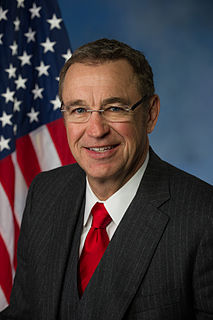A Quote by Angela Davis
Imprisonment has become the response of first resort to far too many of our social problems.
Related Quotes
When people become too intense, too serious, they will have trouble in relating to any sort of social game or norm. Perhaps this is why jokes are so important. On one hand they tell us about where the problems and grievances are, and, at the same time, they provide the means of enduring these grievances by laughing at the problems.
For too many of us, it's become safer to retreat into our own bubbles, whether in our neighborhoods or on college campuses, or places of worship or especially our social media feeds, surrounded by people who look like us and share the same political outlook and never challenge our assumptions. And increasingly, we become so secure in our bubbles that we start accepting only information, whether it's true or not, that fits our opinions, instead of basing our opinions on the evidence that is out there.
Of course, I could never suggest that only poor people are misogynistic; too many rich folk are just as hateful of women as any poor person might be. I don't know if social problems are only circular; perhaps other geometric metaphors might better describe the triangular effects of social vulnerability, political oppression, and racial disadvantage. I think you're right - we've got to focus on both analyses and solutions. And sometimes, an adequate analysis goes far along in suggesting a suitable solution.





































